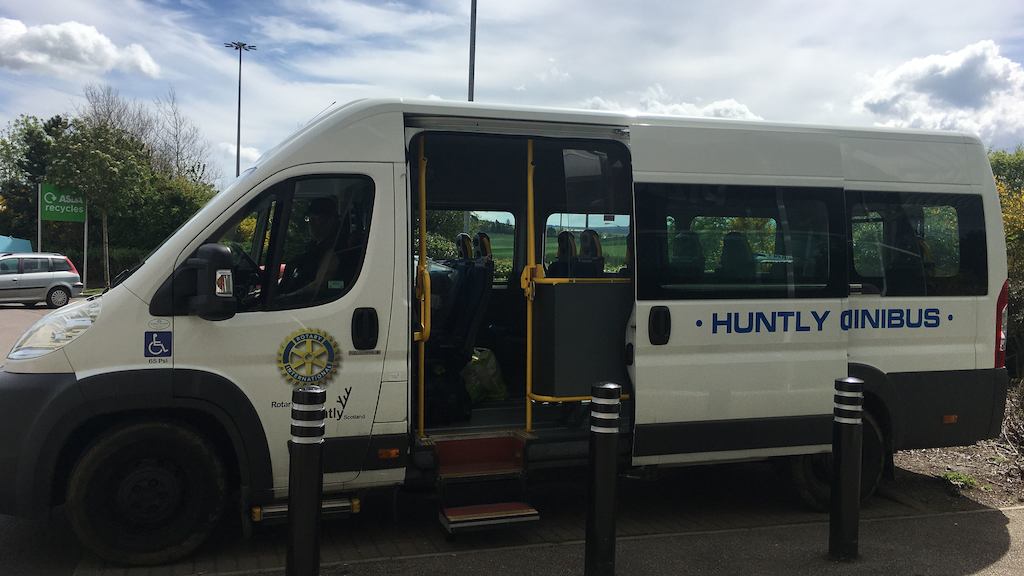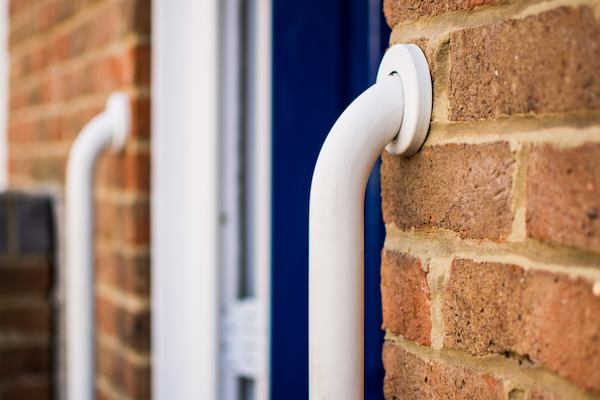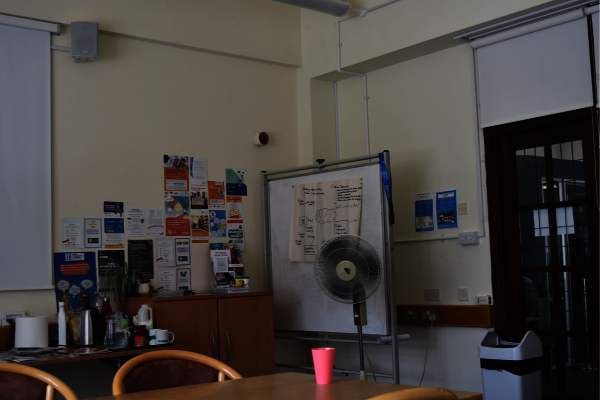Reworking the rural community bus during the COVID-19 pandemic

Before the COVID-19 pandemic, rural areas were already facing huge challenges connecting those within the community to each other, but the virus has forced places to radically adapt.
Provision of public and community transport in rural areas across the UK is an ongoing issue. Many older people, particularly in rural areas and those that don’t have access to a car, rely on these services for health, wellbeing and social connection.
Before the outbreak of the COVID-19 pandemic, the Huntly Community Minibus was a very busy service, running regular outings for care home residents, members of the local stroke club and many other community groups. During the crisis it has been a lifeline in assisting people with their shopping, hospital appointments and providing essential human interaction.
Based in rural Aberdeenshire, Huntly has seen services stripped back drastically due to council funding cuts. The Community Bus is one of the few remaining transport options for rural residents without their own vehicle and is the only community transport with wheelchair access.
Debbie Haefner has been running the logistics of the Huntly community minibus for over three years on behalf of the Huntly Minibus Committee and says it has never been more valued. She explains, "Before COVID we charged groups by the mile, this was the only source of income, apart from an annual coffee morning, to boost funds. The bus was not off limits to any group, so the scouts, brownies, rugby club, and so on are welcome to use the minibus if needed."
Since the coronavirus outbreak the regular social activities the bus was used for had to cease. Debbie and the team needed to rethink how best to continue providing a service to local residents. "The current minibus idea was thought of by myself and a volunteer driver," Debbie says, "mainly to help folk who live in rural locations get to the shops for their essentials during this pandemic. As word got out it then grew into what it is now. We transport anyone who has difficulty getting out and about."
It was decided that the bus would be available on a taxi-like basis – you call to request a pickup and arrange a suitable time when the bus is available. Donations are welcome but the service is free to use. Debbie posted information on local websites and online groups as well as distributing leaflets through regular users’ doors and soon the word spread.
All of the people I get requests from are pensioners who have no means of transport now the dial-a-bus is suspended, are not computer literate and would not be able to do online shopping.
Adaptations needed to be made to ensure the bus was complying with the government’s COVID-19 guidance, on social distancing and cleaning. Rather than the rota of five volunteer drivers, the service has been sticking to the same driver to reduce the risk of cross-contamination. Only members from the same household can travel together and the area by the driver has been sectioned off, to make social distancing easier to adhere to. After every journey, the driver wipes down the surfaces before picking up the next customer.
The bus is available for anyone to use but the main customers are older people who don’t have access to a car. The bus collects them from their home, takes them to their destination, and then drives them home again. It has become a vital service for those who are otherwise cut off in their rural communities. And for some people who are shielding alone it provides a much-needed source of human interaction. Debbie says, "I get phone calls thanking me for providing the service which makes you feel happy, that you’ve done something good."
Steve Woodhouse uses the bus to do the shopping for himself and his neighbours who are isolating. He explains how vital this service has been, "It has helped in the local community here in Lumsden with getting to the supermarket. All of the people I get requests from are pensioners who have no means of transport now the dial-a-bus is suspended, are not computer literate and would not be able to do online shopping."
Debbie and her colleagues are keen for more to be done for local transport in the future, "this crisis has highlighted how important this type of service is for rural residents so we really hope we can expand and help more people across a wider area."
There is genuine concern that long-term social distancing measures may threaten future rural bus services, both public services and those like the one Debbie runs. Estimates suggest that public transport is running at as little as 10% of its normal capacity which makes long term viability and cost a real challenge.


